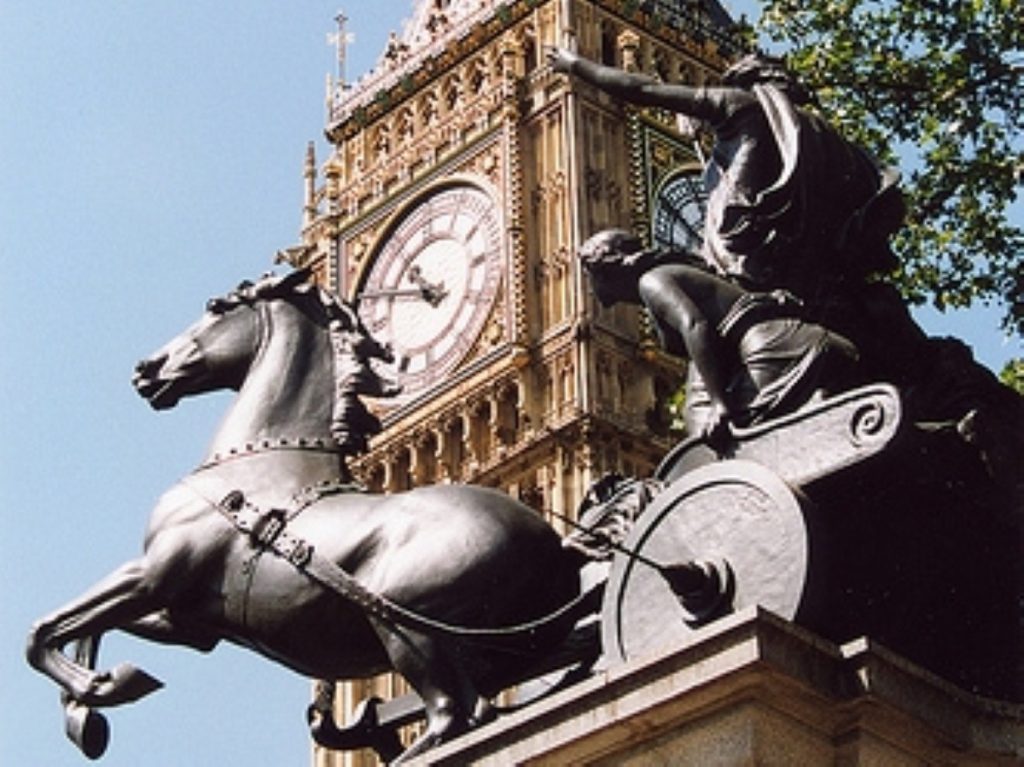What punishment fits the crime for the News International three?
Hauling the News International miscreants before parliament for a humiliation in the Commons chamber might not be such a good idea after all, a senior Commons official has warned.
Internal agonising in the Commons over how to punish the News International miscreants who misled parliament is reaching new levels this week.
Select committee chairs on the liaison committee are currently trying to work out what they should – and can – actually do about Colin Myler, Les Hinton and Tom Crone.
The trio have effectively been found guilty, but sentence has not yet been passed. That's because no one in parliament really knows what is appropriate – or, more importantly, what they can get away with.


Enter Robert Rogers, the senior bewigged clerk of the Commons, who has put out a briefing paper for MPs explaining the state of play. It's a telling document, because it highlights a critical problem for the Commons: its current rules are hopelessly outdated.
A fine hasn't been issued since 1666 and is now unrealistic. Imprisonment is an option, but is judged a "substantial reputational risk". So is calling the News International trio to the bar of the House, as last happened in 1957. I'd argued this was an excellent idea, but Rogers doesn't think so at all. Here's what he has to say:
In modern circumstances, as a televised proceeding, it would risk being a pantomime. Consider: the miscreant is brought to the Bar, accompanied by the Serjeant with the Mace, and is admonished by the Speaker in front of the House. Even assuming that the miscreant is prepared to come (and a refusal would be a further embarrassment) the proceedings are not controllable, and the House would risk looking like a lynch mob. The Speaker stands and delivers a rebuke, at a range of some thirty yards. Then what? The individual at the Bar, in prime TV time, may decide to have a go at the House and the treatment he or she has received. If the individual really does have a case, or perhaps produces some surprise piece of evidence which makes it clear that the House has got it wrong, the result could be a reputational disaster.
If not that, then what? As Rogers acknowledges, there are very few other options on the table. At the moment we're heading for a parliamentary motion which censures the trio, but doesn't damage their reputation much. Hardly adequate.
Rogers has some alternatives up his sleeve. He explains that it might be worth passing standing orders or regulations which could enhance the moral force of a Commons rebuke. After all, the 'not a fit or proper person' tag has proved politically potent in the case of Rupert Murdoch: could that wording be adopted in a more formal way by MPs to attach to anyone they're unimpressed with?
If that isn't deemed enough, another option might be to legislate. This is necessary because without law parliament can't simply start giving itself new powers. Unfortunately it's risky, as legislating opens up the prospect of legal challenges in the law courts. Setting up legally rigorous fairness procedures for select committees might be the answer to this.
There's no easy answer, so senior MPs are going to spend the summer scratching their heads over what to do. Dealing with Myler, Crone and Hinton may require much more legwork than had initially been anticipated. It might be an opportunity for select committees to take another step towards establishing themselves, too.
The best thing about the clerk's briefing paper, though, is the quotation from Shakespeare's King Henry IV which Rogers uses to frame the dilemma. Glendower boasts that he can "call spirits from the vasty deep". Hotspur is unimpressed. "Why, so can I, or so can any man," he replies. "But will they come when you do call for them?"

